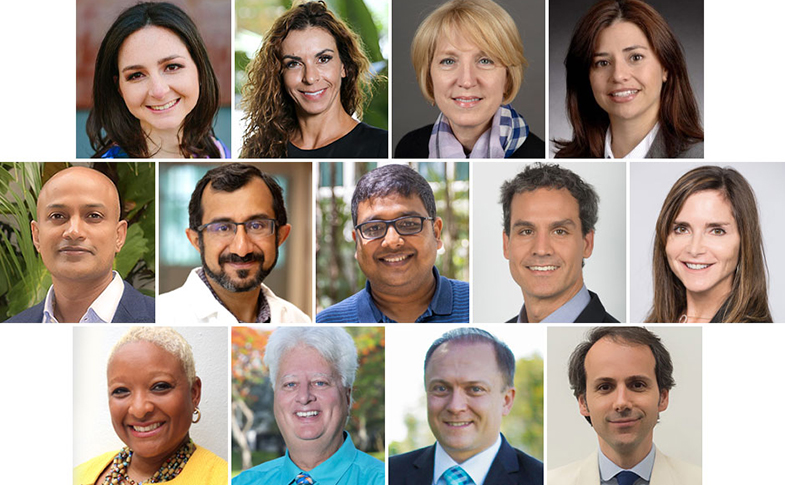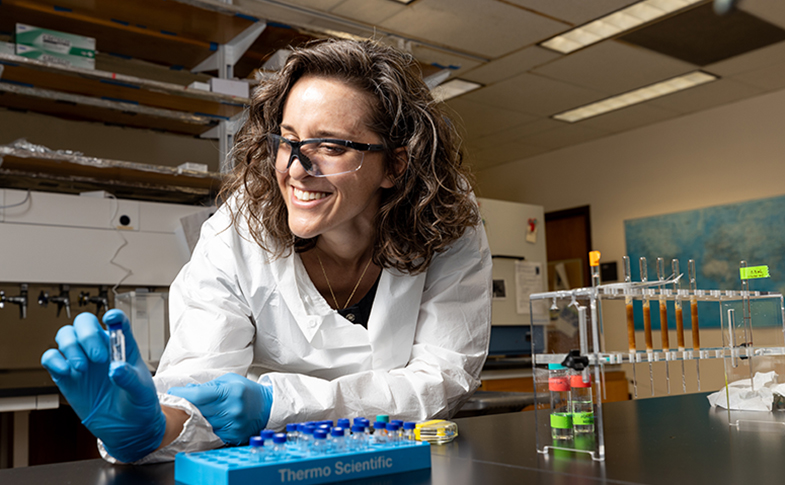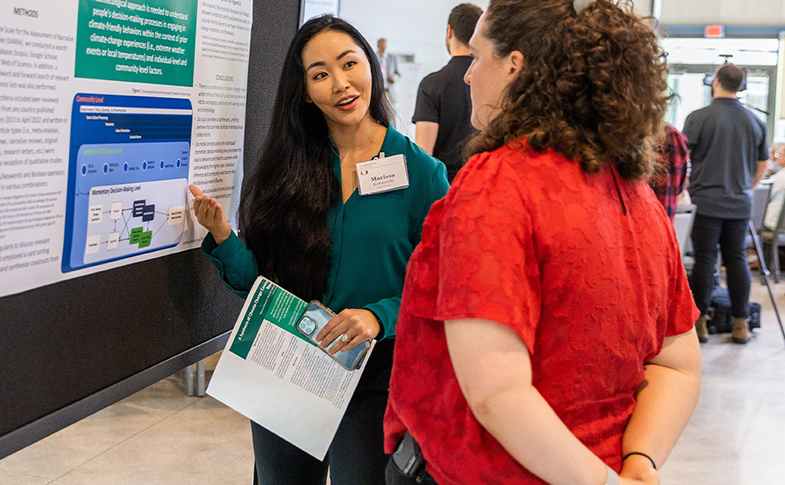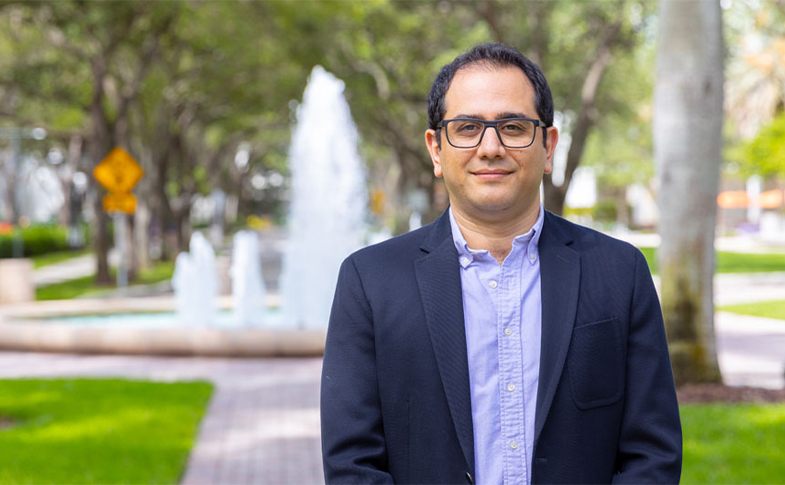Academic Core
Shaping the future of education and pursuing science and scholarship that matter

With a goal of revolutionizing higher education to serve the needs of students for generations to come, the New Century College initiative—the University’s conceptual incubator for pioneering educational innovation and ventures—supports education for life. Thirteen faculty and staff members, named the inaugural Academic Innovation Fellows, are helping to reimagine the college experience for an ever-changing world. The first of its programs is a new three-year Bachelor of Science with a major in innovation, technology, and design, launched in fall 2022. The second class of fellows began in spring 2022.

U-LINK projects connected faculty members from a range of disciplines in a shared goal to find solutions for large societal challenges. Forging relationships with local institutions, government agencies, and community partner organizations, the 10 research teams examined how local communities can preserve and support residents equitably, despite impacts of climate change. From coastal resilience and the impact of heat on health, housing, and income to sea level rise and local infrastructure—the teams continue to support mission-driven research in our own backyard.

Launched on Earth Day, April 22, the University of Miami’s Climate Resilience Academy constructs a novel and collaborative academic framework that positions the University as a lodestar for positive hemispheric and global change related to the climate crisis, sustainability, and resilience. As a functional research, convening, and coordinating hub, the academy supports the University’s academic units in identifying opportunities for impact, both academically and in research opportunities, along with pursuit of private and public partners to solve complex global challenges.


As part of an initiative from the Data Analytics Lab and Industrial Assessment Center, through the College of Engineering, researcher Ramin Moghaddass and a team of students received a five-year grant from the Department of Energy to help small-to-medium-sized manufacturing companies in Florida and Puerto Rico become “greener” and more resilient. The $2.1 million grant has allowed the team to use advanced analytics, alternative energy sources, smart sensors, and other new technology to improve energy efficiency, manage wastewater systems more effectively, and ramp up the companies’ ability to supply heat, power, and other services to consumers.


